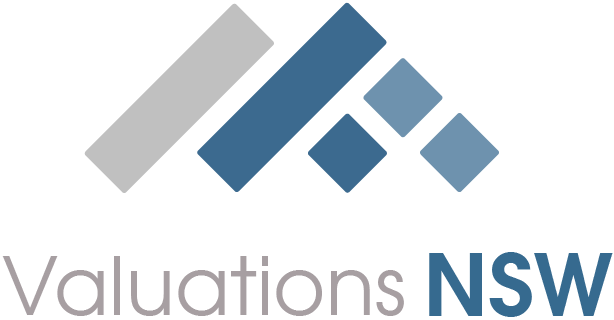
How to do real estate valuation
To establish the fair value of any property, you need a licensed professional by your side. Few property experts have the right combination of expertise in research, analysis and finance. For that, you need a real estate valuation in New South Wales from a qualified valuer. Real estate valuers are specialised in the Sydney market and beyond, with the right skill set to review properties of every kind.
A licensed valuer is:
- an independent, impartial property professional
- trained to establish the fair market value of various properties
- equipped to work with property owners and investors transparently
- practised in a range of proven valuation methodologies
- capable of supporting the buying and selling process, among others.
Their methods combine in-depth investigations of various internal and external factors of both the chosen asset and its surrounding market. These approaches extend across residential, commercial, industrial, rural and retail properties.
With varying combinations of these real estate valuation strategies, licensed valuers can provide support to property owners and investors in a number of ways. That includes driving sales and purchases, assisting with negotiations or informing a range of investment or business decisions.
A Certified Practising Valuer’s (CPVs) services are a well-trusted means of reducing risk for investors and everyday property buyers alike.
Real estate valuation theory
The vast majority of real estate valuations are based on the same three methods.
CPVs are trained by the Australian Property Institute (API) to tailor every valuation to the needs of their customer. That means tailoring their methods as well. These may apply to calculating property tax, assisting with property-related legal matters or establishing a fair sale price for a home.
The three primary components of real estate valuation theory are:
- the comparison method
- the cost method
- the income method
The comparison method is often the starting point for any valuer. This is the point in the process that focuses most intensively on market research, as well as a physical review of the actual asset. Here, a CPV makes use of exhaustive market databases that offer a comprehensive picture of the state of the local market.
The valuer uses this to compare the asset in question against recent sales in the same area. This comparison involves over 200 internal and external factors such as:
- age, size and condition
- environmental and economic risk factors
- zoning restrictions
- access to amenities
- the reputation of the surrounding neighbourhood.
The cost method values the asset by tallying the costs involved in replacing it, while the income method uses profits generated to measure market value.
Real estate valuation and valuation services
Most qualified valuers have the requisite expertise to conduct a wide range of real estate valuation services. These could be for calculating property taxes, navigating legal matters including family law court, reviewing the performance of a business and more.
A few examples include valuations for:
- building insurance
- capital gains tax
- compensation
- mortgage security
- stamp duty
Building insurance valuations involve calculating the cost of replacing a building entirely. Because property valuation reports are legally certified, such a service can ensure your insurance covers you for the full cost of reconstructing your asset.
A mortgage security valuation naturally works very similarly. Here, your value assesses the property in question to ensure that the bank approves an adequate home loan.
Finally, compensation services assist the customer in receiving fair compensation when their property is damaged by a third party’s negligence.
Why makes a property valuer unique?
Real estate valuers are entirely unique in the property industry. They combine the knowledge of a real estate agent with the financial savvy of an accountant. They can uncover the value of a complex business with the same accuracy they do a home or industrial property.
Property valuation requires registration as either a Chartered Accountants or Chartered Practising Accountant. This allows them to calculate the true market value of accounting firms, manufacturing companies, law firms, medical practices, hotels, restaurants and more.
The training provided by the API enforces high standards for accuracy, quality, consistency and honesty. They work with full transparency in developing their reports and ensure integrity across the process.
Their expertise allows them to:
- assist property buyers and sellers by establishing fair prices
- driving the contract negotiation process
- enabling business owners and investors to make informed decisions
- navigating numerous legal affairs
CPVs offer expensive services covering every corner of the property market.
Summary
Certified Practising Valuers play essential roles in supporting investors and property owners.
They can help homeowners sell at the appropriate price, ensure you get the best deal on your rental property. They do so through a combination of research and repeatable formulas.
Other services include defining the value of a business enterprise or supporting legal matters including family law, deceased estate, compulsory acquisition, building insurance and mortgage security valuations.
For assistance with your property decisions, or to receive a free quote on property valuation service, reach out to one of our licensed CPVs today.








